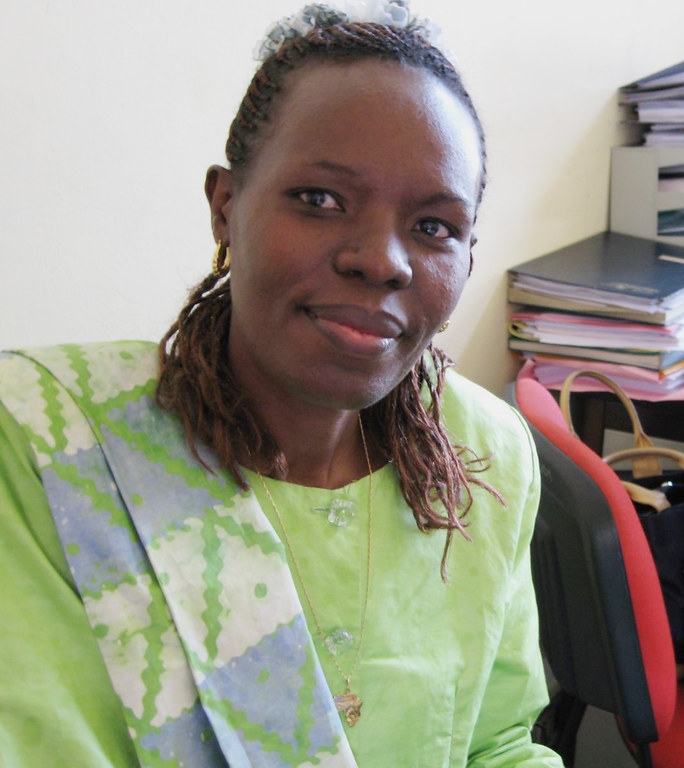The Rwandan politician and women’s rights advocate Judith Kanakuze is best known for having helped pass laws prohibiting gender-based violence, including the country’s first definition of rape, and for having helped create constitutional gender quotas that mandated the representation of women in governmental bodies.
After the 1994 Rwandan genocide, in which she lost the majority of her extended family, she worked in a variety of professions, including nutrition and the public service, before rising to prominence as a female leader.
Born in Rwanda’s Rusizi District on September 19, 1959. She received a bachelor’s degree from college after majoring in demography. Beginning in 1980, Kanakuze worked as a teacher for two years before changing careers to become a nutritionist.
Beginning in 1986, she worked as the Rwanda Nutritional Centers’ national supervisor for four years. Following that, she oversaw a project with SNV Netherlands Development Organization to help people save energy in their homes. She oversaw studies and research for the Ministry of Public Works in 1992.
Kanakuze created the first women’s organization Réseau des Femmes and championed women’s rights on the committee to draft Rwanda’s constitution and at the Arusha Accords.
Women’s participation swiftly increased to exceed the quotas in parliament as a result of the gender quotas, which mandated women to make up at least 30% of governmental entities. She was re-elected to the House of Representatives in 2008. She oversaw the Rwanda Women Parliamentary Forum while she was in office.
Kanakuze acted as the Arusha Accords’ representative for women and children. She was also the founder of Twese Hamne, a feminist group (Pro-Femmes). She experienced the genocide in Rwanda in 1994, during which the majority of her extended Tutsi family members were killed at a Kibuye church in west Rwanda, where they had sought refuge.
As a proponent of gender equality and one of three women on the 12-person panel, Kanakuze was chosen to serve on the country’s 2001 Constitutional Commission. By this point, she was recognized as a leader for women’s rights in Rwanda.
She added a number of gender-related provisions to the constitution, the most significant of which were gender quotas requiring that women hold at least 30% of the seats in Rwanda’s decision-making bodies.
Kanakuze was elected to one of the roughly half of the seats in Parliament that were held by women by the year 2003. The following year, she served as chairwoman of the Rwanda Women Parliamentary Forum, which drafted legislation to promote gender equality in the executive branch.
The Parliamentary Standing Committee on Gender and Family Promotion included Kanakuze as a member. Her most important piece of legislation was a 2008 law prohibiting rape and other forms of domestic violence that are motivated by gender. The first piece of legislation to be introduced by lawmakers rather than the executive branch since the 2003 election, it created the legal definition of rape in Rwanda. Under the banner of the Rwandan Patriotic Front political party, Kanakuze was re-elected in 2008.
Judith Kanakuze, your impact is forever felt!



